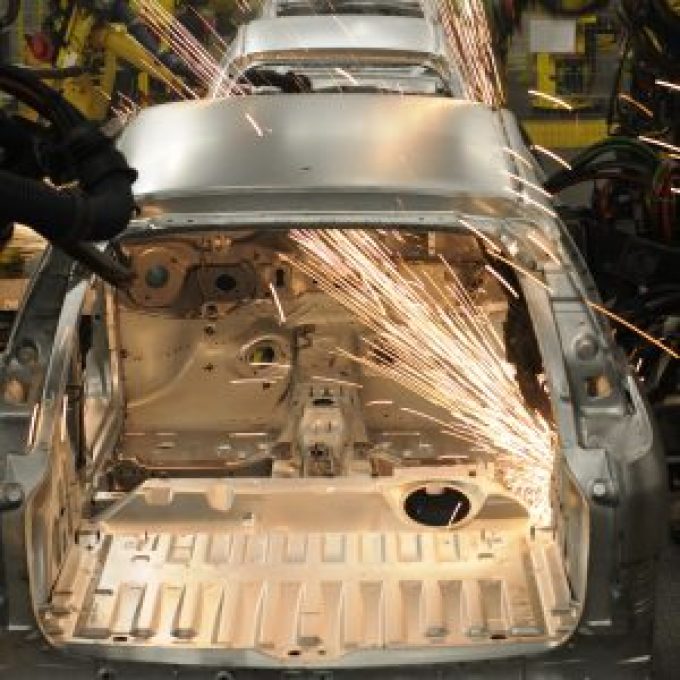Hyundai deploys fire-fighting tech to combat risk from lithium batteries
Hyundai Glovis has designed a device for its car-carrier fleet to suppress fires that break ...

Protectionism is all the rage these days, writes John Manners-Bell in this op-ed for Automotive Logistics, expanding on a set of hypotheses laid out in his recent book, The Death of Globalisation. Protectionist measures have become ever more prevalent since the pandemic as nations try to exert greater control on critical supply chains. State-sponsored efforts to increase the capacity of their automotive manufacturing capacities – the most prominent example of which is the US Inflation Reduction Act – are having ...
Predatory rivals circle as the ripples from DSV's Schenker buy widen
MSC Elsa crew face criminal probe, as Wan Hai 503 firefighters battle on
Latest Israeli attack on Iran a threat to box ships in Straits of Hormuz
Industry concerns rise after yet another box ship on fire off Indian coast
'It's driving us mad', say forwarders as US court fails to end tariff turmoil
European port congestion easing – for now
More legal trouble in India for MSC: feeder vessel detained after box ship disasters

Comment on this article